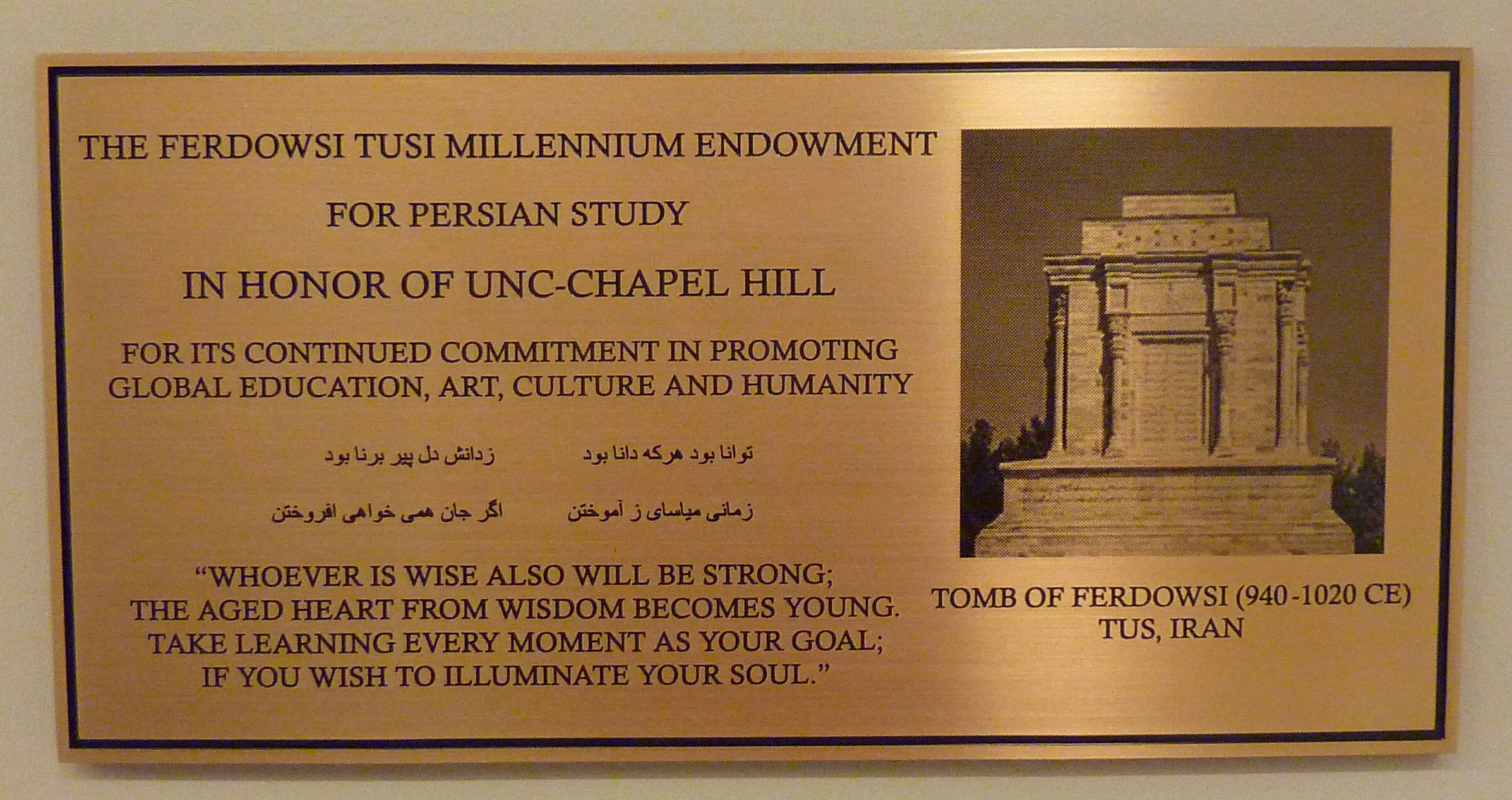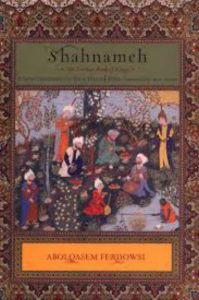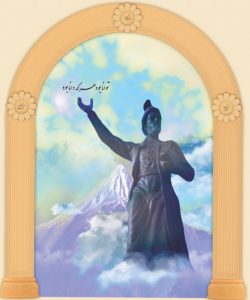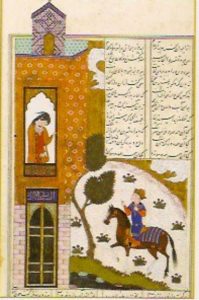“Knowledge is power.”
In late 2015, a family of anonymous donors generously established the Ferdowsi Tusi Millennium Endowment for the Persian Study Program. This $30,000, permanently endowed fund is for the advancement of Persian language and culture and will benefit the UNC Library. An annual prize will be awarded for the best essay by a student in the field of Persian studies.
Ferdowsi Tusi was born in 940 in Tus province of Khorasan, IRAN. He belonged to the class of dehghans (farmers). Ferdowsi flourished in the Samanid dynasty. In the late 10th century the master Persian poet, Ferdowsi Tusi, dedicated thirty years of his life to write his epic poem, “The Book of Kings” or Shahnameh.
“I endured thirty years of hardship and revived the Persian nationality with the PARSI language.”
Through 60,000 lines of poetry, the Shahnameh revived Persian language, history, philosophy and culture almost 400 years after the Arab invasion of the Persian Empire. Ferdowsi’s Shahnameh is considered Persia’s national epic poem. It spans the history of fifty generations of rulers and subjects, where races and nationalities change, but culture, justice, humanity and human values remain the same. Ferdowsi Tusi is not only the voice of Persian consciousness and character, but also a universal voice of humanity’s core values across all races and cultures.
More information about Ferdowsi and the Shahnameh can be found at, Ferdowsi and the Ethics of Persian Literature.
To make a tax deductible contribution online in support of the Ferdowsi Tusi Millennium Endowment, go to giving.unc.edu/gift/lib/, select “Search for Funds” and enter Ferdowsi. Select the fund and enter the amount of your gift, or send a check, payable to the Friends of the Library, UNC-Chapel Hill, noting the fund name to: UNC-Chapel Hill, PO Box 309, Chapel Hill, NC 27514-0309.
For more information about the Library’s Persian studies collection and ways to support it, contact the University Library Development Office. Information about the Persian Studies Program at UNC is available at persia.unc.edu.






